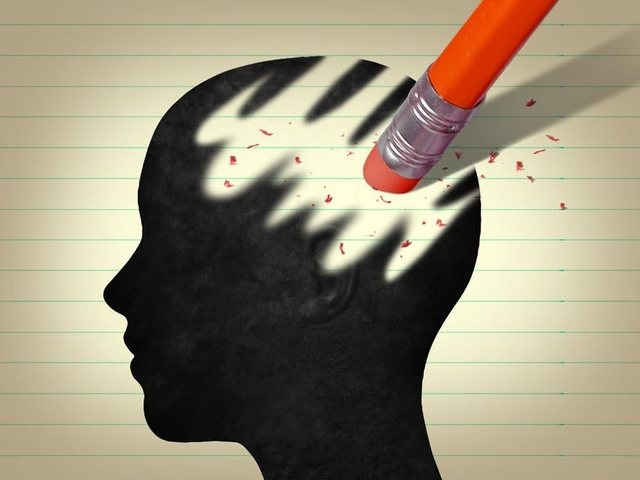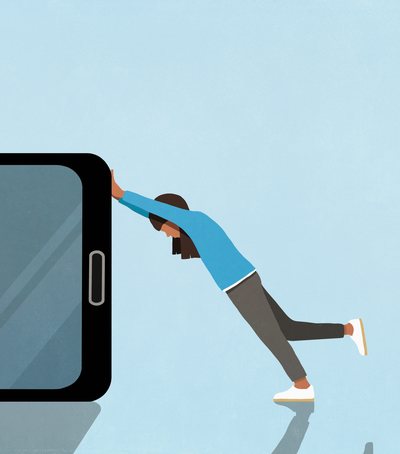
We think of memory as a tape that unfolds and holds all the information, thoughts and facts one after the other, the events as they happened, just like a video. Of course memory does not work that way. More than continuity, memory has bits of events, happenings, moments, moments, thoughts, which connect them together and create a general idea.
Memory 'leaves us in the mud' for many reasons. Many times we remember some details from an event, while we do not remember other details, which we may have seen but may not have paid attention to. Maybe we do not have that detail that we are digging into the memory because we did not pay enough attention to 'record' it. And the whole search ends with: “I do not remember! I do not remember!"
But memory can leave us in the lurch even when we think, "I remember it very well."
Then we had a false memory, or false memory.
What is a false memory?
False or false memories are memories which one believes to be true, but which in reality did not occur.
Usually these thoughts are about small details of everyday life such as making sure you put the keys on the table, but in the end it turns out they are not there. Or they are part of childhood memories, which you may think you 'remember' when you actually reconstructed the event you heard from your parents or relatives.
But let’s not get confused, fake memories are not the same as commonly occurring memory errors. When people talk about false memories they are safe, so there is tremendous security on the part of the individual.
Dr. Elizabeth Loftus is one of the most important researchers in the research of false memories. She has even gone so far as to prove that we can induce false memories in our minds, so someone may come and say that when you were little you broke your arm, even though you do not remember any of this, but by heard a few times from that person, you can now even imagine how you fell off the bike and broke your arm. You even 'remember' how you went to the hospital.
How much do these kinds of memories affect us?
False memories have a significant impact on our lives. Someone because of a false memory may not consume certain foods because 'He had once eaten and was sick'. False memories can also affect the decisions one can make at the end of life, which medical treatment to receive or even who should take care of them…
False memories are also to be considered in the field of justice, which depends heavily on the testimonies of persons. There are plenty of studies that have shown that these memories have led people to be unjustly accused and imprisoned. For example in 1994, a 26-year-old teacher was sentenced to 4 years in prison on charges of raping 20 children in her class. After the evaluation of a commission of 50 scientists, it was proved that the impossible testimonies made against the accused, had been false memories of the witnesses.
We are aware that our memory is amazing. Definitely we depend so much on her in every moment of life.
But we must also understand that memory is not infallible. We often forget things we need to remember, but sometimes we also remember things that did not happen to us…
Are you sure you have no false memories? / Business Magazine





